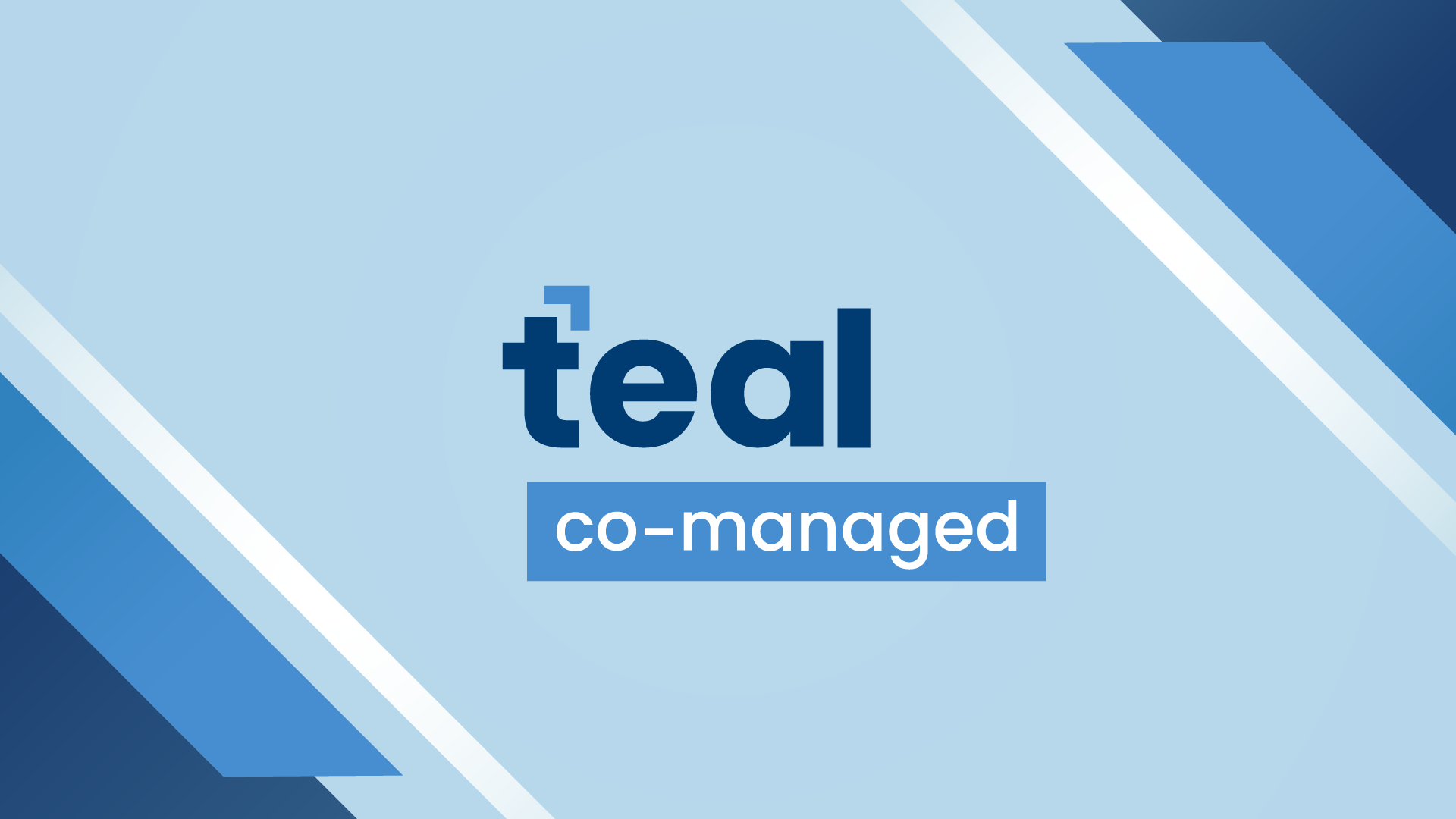In the past, cybersecurity was mainly an IT task focused on system updates and antivirus software. Now, even small and midsize businesses rely on technology daily, making cybersecurity a priority for CEOs. Why? Because, protecting IT assets is essential for protecting your company’s future and reputation. In this article, we cover three critical cybersecurity questions every CEO should ask.
Table of Contents
Why is Cybersecurity Important to a Business Leader?
Forward-thinking CEOs understand what goes into keeping cyber threats at bay. They are aware of the potential consequences of failing to do so and are better equipped to steer the organization toward success and profitability than a CEO who doesn’t have an active interest in the topic.
The good news is that more and more CEOs are becoming aware that modern organizations need more than just an antivirus and firewall to protect themselves.
This is evident from the steady growth of global cybersecurity spending.
Spending in the cybersecurity spend made a massive jump from $40.8 billion in 2019 to $80 billion by the end of 2023.
Unfortunately, throwing large amounts of money at the latest tools and products doesn’t automatically result in better cyber defenses.
CEOs should first know the answers to the three questions listed below before making any cybersecurity-related decision.
1. Are There Any Privacy Regulations We Must Comply with?
Achieving compliance with relevant privacy regulations should be the top cybersecurity priority for every organization for three main reasons:
- 1. It helps avoid heavy fines in the event of a data breach.
- 2. It improves customer trust and loyalty.
- 3. It strengthens the organization’s cybersecurity posture.
Privacy regulations offer tangible benefits, so they’re certainly not annoyances that make it difficult for hard-working business owners to do their jobs.
2. What is the Weakest Cybersecurity Link in Our Organization?
Hollywood movies make it seem like most cyberattacks happen because highly skilled hackers set their sights on a large enterprise. One that stores heaps of valuable data before exploiting an undiscovered vulnerability using sophisticated hacking techniques.
In reality, only about 25 percent of cyberattacks happen because of “zero days,” which are security flaws that the vendor still needs to patch.
The rest are caused by employees compromising the system behind all the protections to defend it.
Knowing that employees are the weakest cybersecurity link in every organization, CEOs should focus on creating cybersecurity employee awareness by investing in ongoing training on the topic.
The goal should be nothing less than the transformation of employees from the weakest link into the first layer of defense.
Discover 16 essential cybersecurity controls your small business needs to reduce risk and avoid costly damages associated with a cyberattack.
3. Can Outsourcing Cybersecurity Make Our Organization More Resilient?
The cybersecurity landscape has become so complex and hostile that navigating it can quickly feel like walking through a minefield.
One wrong step could potentially have disastrous consequences for the entire organization and its customers and business partners.
Realizing that ensuring that there’s sufficient protection against the latest and most dangerous cyber threats while focusing on core business activities is a challenging feat, a growing number of organizations are outsourcing their cybersecurity to third parties.
By 2025, the estimated global IT outsourcing market is worth $397.6 billion. With 62 percent of leaders already (or planning to) outsource their cybersecurity to a managed IT services provider.

Learn the financial impact of cyber threats on your business’s data. Plus, unlock the financial implications of in-house vs. outsourced cybersecurity.
Organizations that outsource their cybersecurity have the chance to benefit from:
- Round-the-clock support provided by dedicated security specialists
- Access to best-in-class cybersecurity solutions
- Superior threat detection and response
- Multi-layered protection
- Security training
These and other benefits of cybersecurity outsourcing make the practice an excellent choice for all organizations that don’t want to take any chances. But, at the same time, don’t want cybersecurity to consume their entire focus.
Evaluate Your Cybersecurity Posture in 10 Minutes
We understand that many small businesses don’t have access to experts to inform them of their cyber resilience. That’s why we created a cybersecurity assessment for small businesses. It allows you to self-evaluate your cybersecurity posture, so you know what to prioritize.

Does your organization have the foundational security solutions implemented? Evaluate your cyber readiness in just 10 minutes with this checklist.









